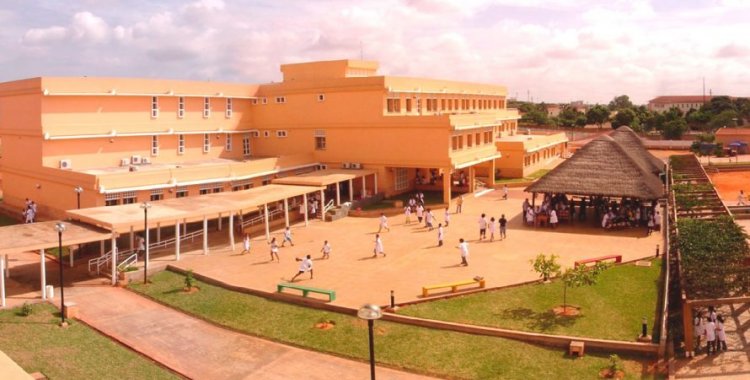"The provincial directorate (of Education of Luanda) certainly took this decision because they knew the reasons, the provincial director came to public justify, but it was not a circular from the Ministry of Education," said this Tuesday the Secretary of State for Education, Pacheco Francisco, questioned by Lusa.
In a circular of late August 2019, signed by the director of the provincial office of Education of Luanda, Narciso Benedito, it was forbidden to set any prices for the payment of contributions in public institutions of education in the province of Luanda, such as the collection of certificates, statements, transfers, proof sheets, student cards, report cards, proof of absences and enrollment, among others.
The Superintendent of Education in the capital justified the measure by the "non-existence" of a legal diploma for this purpose, considering that the previous charges were "arbitrary".
This Tuesday, the Secretary of State for Pre-school Education reported that the aforementioned circular is not from the ministerial body, but from the Education office in Luanda.
"We learned about it from the social networks, officially we did not know," argued the responsible, noting that this issue will probably be discussed in the council of ministers.
Following the announcement of the measure, school principals in Luanda claimed that the end of fee collection created financial difficulties for the daily management of educational institutions.
According to the governor, who was speaking at a press conference, the decision was very tough, particularly for those who are school managers and know the difficulties we have at school level.
"It's not easy. To make a decision you have to put yourself in the place of the school manager", he shot.
For Pacheco Francisco, the difficulty is greater, especially for large schools: "Can you imagine these students going through a bathroom without cleaning, without detergents, what the bathroom looks like?"
Law 17/16 of 7 October - the Basic Law of the Education and Teaching System - stipulates that primary education in Angola is free of charge, but also provides for charges at other levels of education, assigning powers to the holder of the executive power, the President, to regulate and authorize the collection of fees and emoluments.
According to the legal director of the provincial education office in Luanda, José Filho, who was speaking to Lusa in September 2019, there is a "legal vacuum" in Angola resulting from the lack of a specific regulation to "normalize collections under the law" and also to "define what will be the purpose of the money collected.
"In the model that was previously made, the State never benefited from any contribution of those monies collected in schools. This money was used by the directors in the management of the schools", he said at the time.







